NBA Players Who Have Depression
NBA players are some of the best paid and most famous athletes in the world. But, even with all that fame and fortune, many NBA players suffer from bouts of depression and anxiety.
And while, for some, an NBA player having depression, particularly with their vast wealth, can be perplexing, having depression or anxiety is a medical condition which is not limited to fortune and wealth.
Below, we are going to look at some famous NBA players who have depression and anxiety. In doing so, we hope to remove the stigma that is still so prevalent surrounding the illness and disease and show that it is not limited to those without the fortunes that NBA players do have.
Please note, however, that this article simply looks to see a list of NBA players who do have depression or anxiety. The following is not medical advice and should not be taken as such. If you have depression or feelings of being depressed, please seek help from a trained medical professional.
In addition, don’t hesitate to reach out to the Substance Abuse and Mental Health Services Administration (SAMHSA).
SAMHSA’s National Helpline is a free, confidential, 24/7, 365-day-a-year treatment referral and information service for individuals and families facing mental and/or substance use disorders.
SAMHSA’s National Helpline, 1-800-662-HELP (4357) is a confidential, free, 24-hour-a-day, 365-day-a-year, information service, in English and Spanish, for individuals and family members facing mental and/or substance use disorders. This service provides referrals to local treatment facilities, support groups, and community-based organizations.
There are resources available to help you and many of them are free. Please seek help and know that you are not alone.
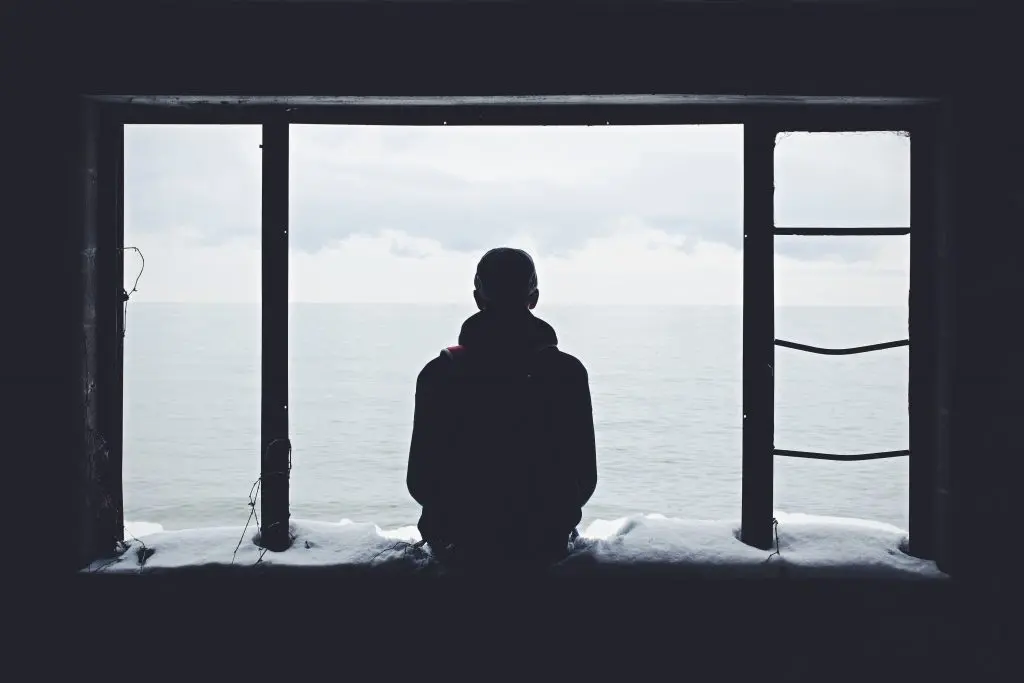
What is Depression?
Depression is both a common and serious medical illness. The feeling of having depression can negatively affect how you feel, the way you think, and how you act. And although depression is treatable, there still remains a stigma surrounding the illness which effects how often people are willing to seek treatment.
Depression can cause. Feelings of sadness and can lead to a. loss of interest in activities that an individual once enjoyed.
What Are Some Symptoms of Depression?
Depression symptoms are one of the widest and varied of any disease or illness. And although there are some telltale signs, they often do not cover the wide range of feelings that an individual may feel. However, some common symptoms of depression include, but are not limited to, the following:
- Feeling sad or having a depressed mood
- Loss of interest or pleasure in activities once enjoyed
- Changes in appetite — weight loss or gain unrelated to dieting
- Trouble sleeping or sleeping too much
- Loss of energy or increased fatigue
- Increase in purposeless physical activity (e.g., inability to sit still, pacing, handwringing) or slowed movements or speech (these actions must be severe enough to be observable by others)
- Feeling worthless or guilty
- Difficulty thinking, concentrating, or making decisions
- Thoughts of death or suicide
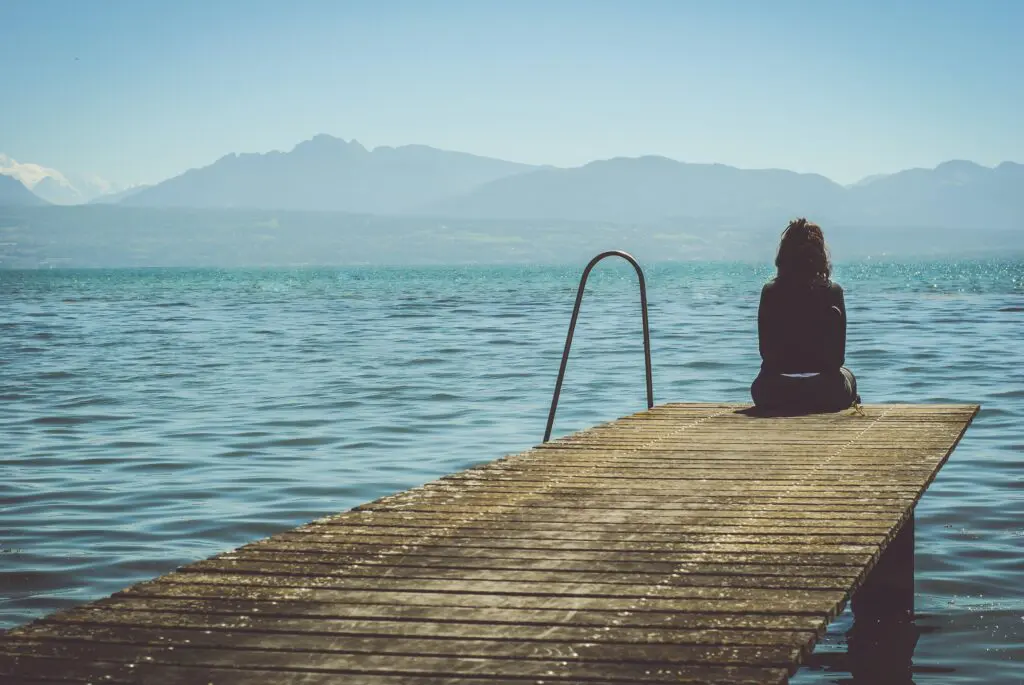
What Should You Do if You Feel Depressed?
Contrary to popular belief, depression isn’t a feeling you can simply “snap out of”. It is a medical condition which affects how a person feels and how they act. However, there are certain steps you can take to help ease your depressive feelings.
Taken from some differing sources, including Help Guide, the Jefferson Center, and Very Well Mind, below are a few steps and actions you can take to begin helping yourself to feel better.
- Get support and stay connected
- Look for support from people who make you feel safe and cared for
- Make face-time a priority
- Try to keep up with social activities even if you don’t feel like it
- Find ways to support others
- Care for a pet
- Join a support group for depression
NBA Players Who Have Depression
As mentioned above, though an NBA players’ lifestyle, fame, and fortune is nothing to scoff at, the effects of depression can affect just about anyone. Below are just a few NBA players who have admitted and spoken about their depression and anxiety symptoms and feelings.
Stephon Marbury
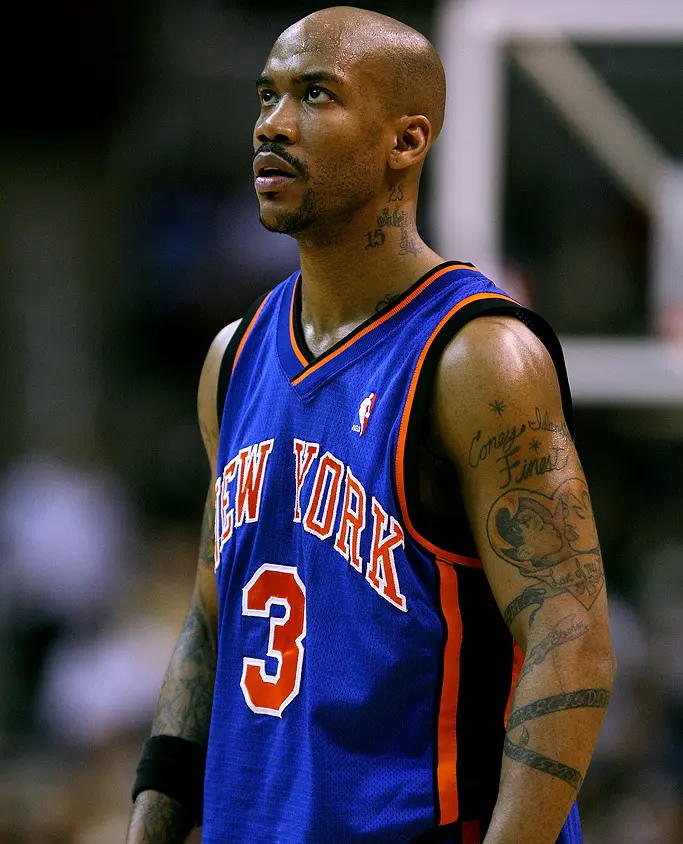
Drafted fourth overall in the 1996 NBA draft, Stephon Marbury is most well-known for his time with the New York Knicks. However, at the age of 37, Marbury admitted on HBO’s Real Sports that he suffered from depression and suicidal thoughts during the end of his NBA career.
He would state, “When everything went on with the Knicks, and, you know, my father passed on, the [Starbury] brand was– it was basically losing life slowly…And I was watching it. And I think that was hurting me more than seeing my basketball career going in the direction that it was going. … I was trapped in my thoughts. I was trapped in how I felt about how I felt I was treated. I was trapped with decisions that I made.”
Stephon Marbury, though, has made a recovery from his more difficult days. Now the head coach of the Beijing Royal Fighters of the Chinese Basketball Association (CBA), he spends most of his time in China and focuses on himself and his family.
Metta World Peace
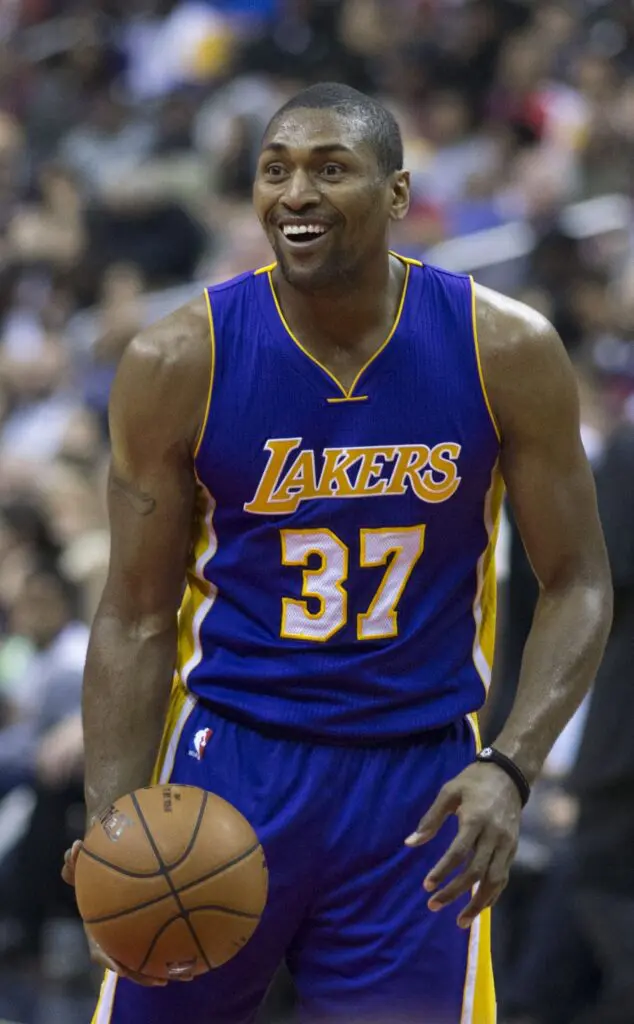
Formerly, and better known, as Ron Artest, he would be drafted by the Chicago Bulls with the 16th pick of the 1999 NBA draft.
Known for his aggressive and superior defensive abilities, World Peace won the NBA Defensive Player of the Year Award in 2004, when he was also named an NBA All-Star and earned All-NBA honors. In addition, he won an NBA championship in 2010 as a member of the Los Angeles Lakers.
However, his on and off-court struggles were well-known. Although he was never officially, or publicly, admitted to having depression, he did admit to being prescribed anti-depressants.
Known for his role in “The Malice at the Palace”, World Peace also faced a court order instructing him to seek anger management counseling after he pleaded no contest to a misdemeanor domestic abuse.
Eddie Griffin
One of the sadder bouts of depression seen in the NBA was Eddie Griffin.
Eddie Griffin was a professional basketball player from Philadelphia and last played for the Minnesota Timberwolves. He was waived by the team in March of 2007 and passed away months later due to a car crash.
Griffin had a standout career in high school and was named Parade’s National Player of the Year, leading to him competing in the McDonald’s All-American Game. After high school, Griffin attended Seton Hall University, averaging 17.8 points, 10.7 rebounds, and 4.4 blocks per game.
Although Griffin had a great freshman season, he would fall to the seventh overall pick in the 2001 NBA draft due to attitude and a tendency to fight with teammates. In his rookie year, he averaged 8.8 points, 5.7 rebounds, and 1.84 blocks per game.
However, due to issues with alcohol and fights with his teammates, he would be traded from team-to-team. After signing a three-year contract with the Minnesota Timberwolves, he would be dropped by the team due to driving under the influence.
A mere five months after being dropped by the Timberwolves, Griffin would die on August 17, 2007, as a result of a car crash. Houston police said in a report that Griffin ignored a railroad warning and went through a barrier before striking a moving train. The resulting fire burned Griffin’s SUV and the side of a railcar carrying plastic granules.
Paul George
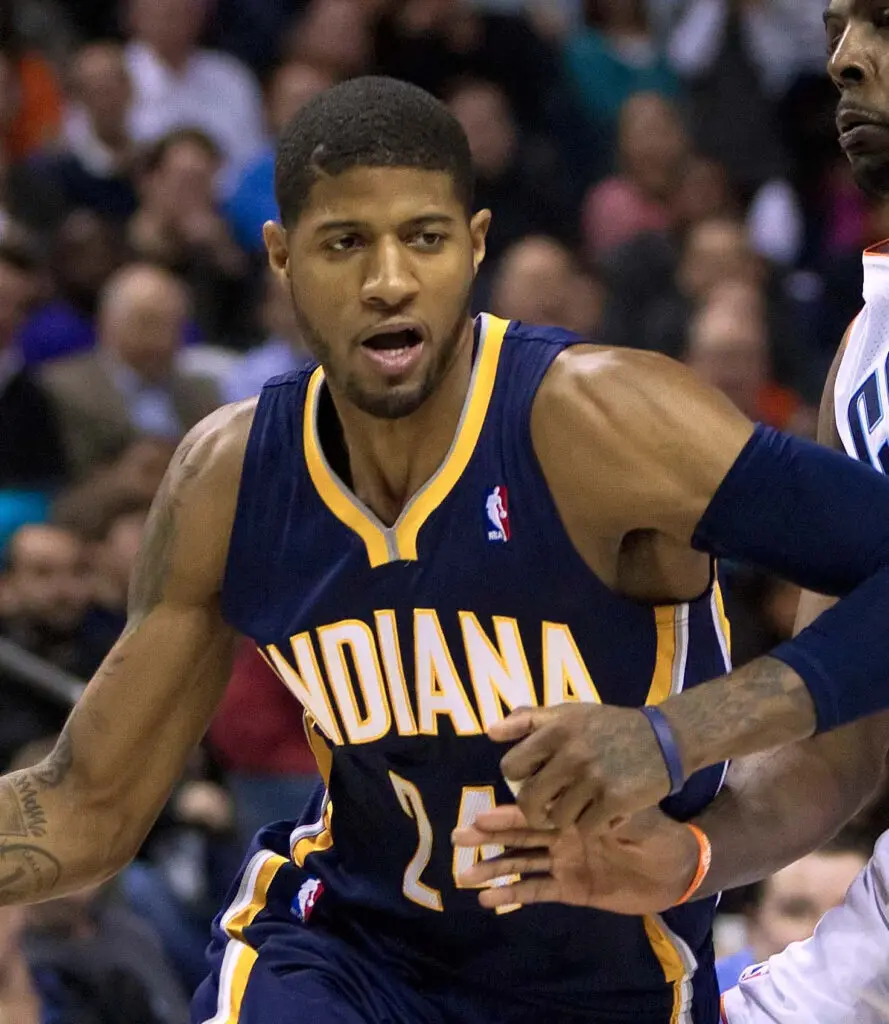
Selected by the Indiana Pacers as the 10th overall pick in the 2010 NBA draft, Paul George is a current Los Angeles Clippers player and a seven-time NBA All-Star and six-time member of the All-NBA Team, as well as a four-time member of the NBA All-Defensive Team.
However, during the NBA’s 2020 season, with the COVD-19 pandemic raging, the NBA opted to play the season in a so-called “bubble”. Not allowing visitors or guests in the area of play, Paul George quipped:
“A lot of it was just weighing on me…For one, I wasn’t sleeping. I don’t know what it was… It was probably, no lie, I probably went a good week and a half to two weeks of zero sleep, zero sleep. No lie. I would lay in bed and my mind would just be racing, racing, racing. I tried everything bro, I tried using apps, I tried therapy, sleeping gummies… they don’t know this.”
He would go on to say:
“You put that on top of having a bad game, then you’re not sleeping…Then there ain’t nothing else to do there, so you’re surrounded by basketball, there’s no escape, there’s no outlet. We’re stuck in our rooms in the hotel, all we got is our phones, you get on social media, oh it’s a meme here or it’s a joke there. You mix all of that on top of not sleeping, I didn’t know what to do. I was just lost, bro. It was tough.”
